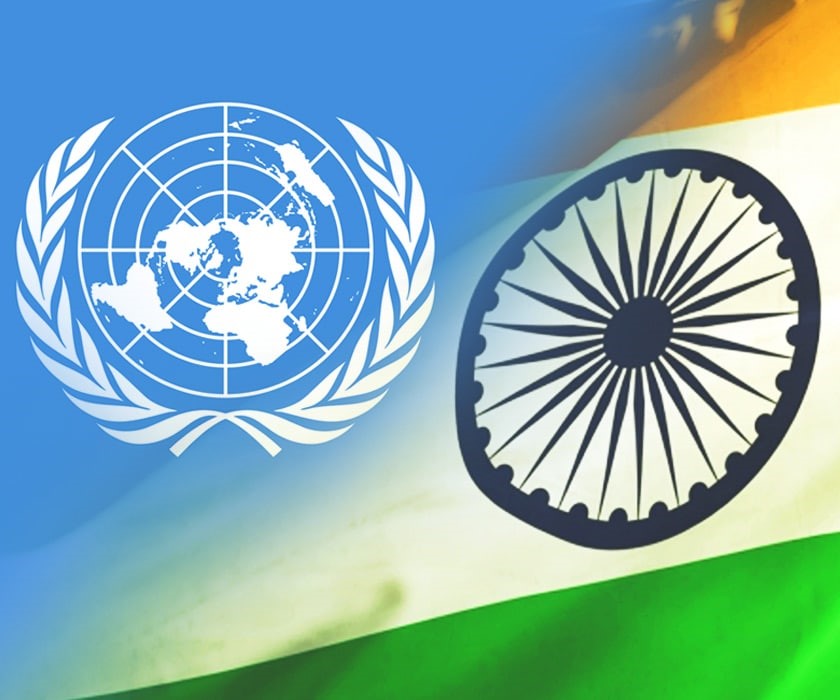India to Submit First Biannual Transparency Report to UN
Why in the news?
India is preparing to submit its first-ever Biannual Transparency Report (BTR) under the Paris Agreement, providing an updated greenhouse gas inventory and climate action efforts. The report, delayed from the December 2024 deadline, will undergo an external UN review.
About India’s BTR Submission
- India is finalizing its first-ever Biannual Transparency Report (BTR) as part of its commitment under the 2015 Paris Agreement on climate change.
- This report will provide an official account of India’s greenhouse gas (GHG) emissions inventory, key emission sources, and efforts to improve energy efficiency and transition to renewables.
- Unlike previous submissions such as National Communications and Biannual Update Reports (BURs), the BTR will be reviewed by independent, UNFCCC-accredited experts.
Delay and Compliance with UNFCCC Mandate
- BTR submissions were mandated under the 21st Conference of Parties (COP-21) in 2015 to enhance transparency.
- Historically, only developed nations were required to submit BTRs, but the rule now applies to all signatories.
- The first submissions began only in 2024 at COP-29 in Baku, despite the deadline being December 2024.
- India, along with several other nations, missed this deadline but is now preparing to submit its report.
Key Features and Expected Findings
- India’s BTR will include emissions data up to 2022, whereas the latest BUR had data only till 2020.
- In its 2020 BUR, India reported a 93% decline in emissions from 2019, largely due to COVID-19 lockdowns.
- The upcoming BTR is expected to show an increase in emissions, following global trends.
- Despite this, India’s share of global emissions remains around 4%-5%, with per capita emissions still less than one-third of the global average.




